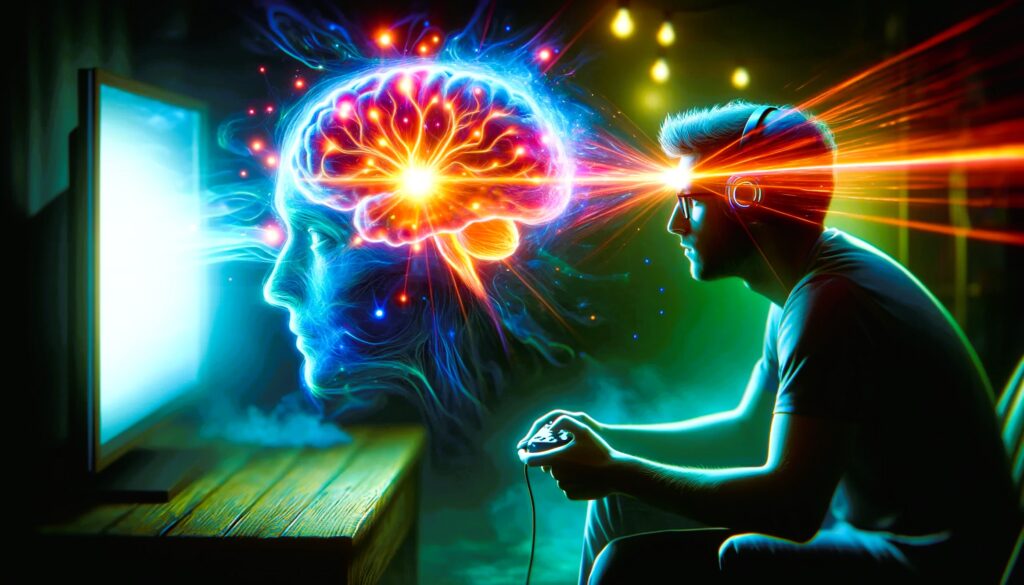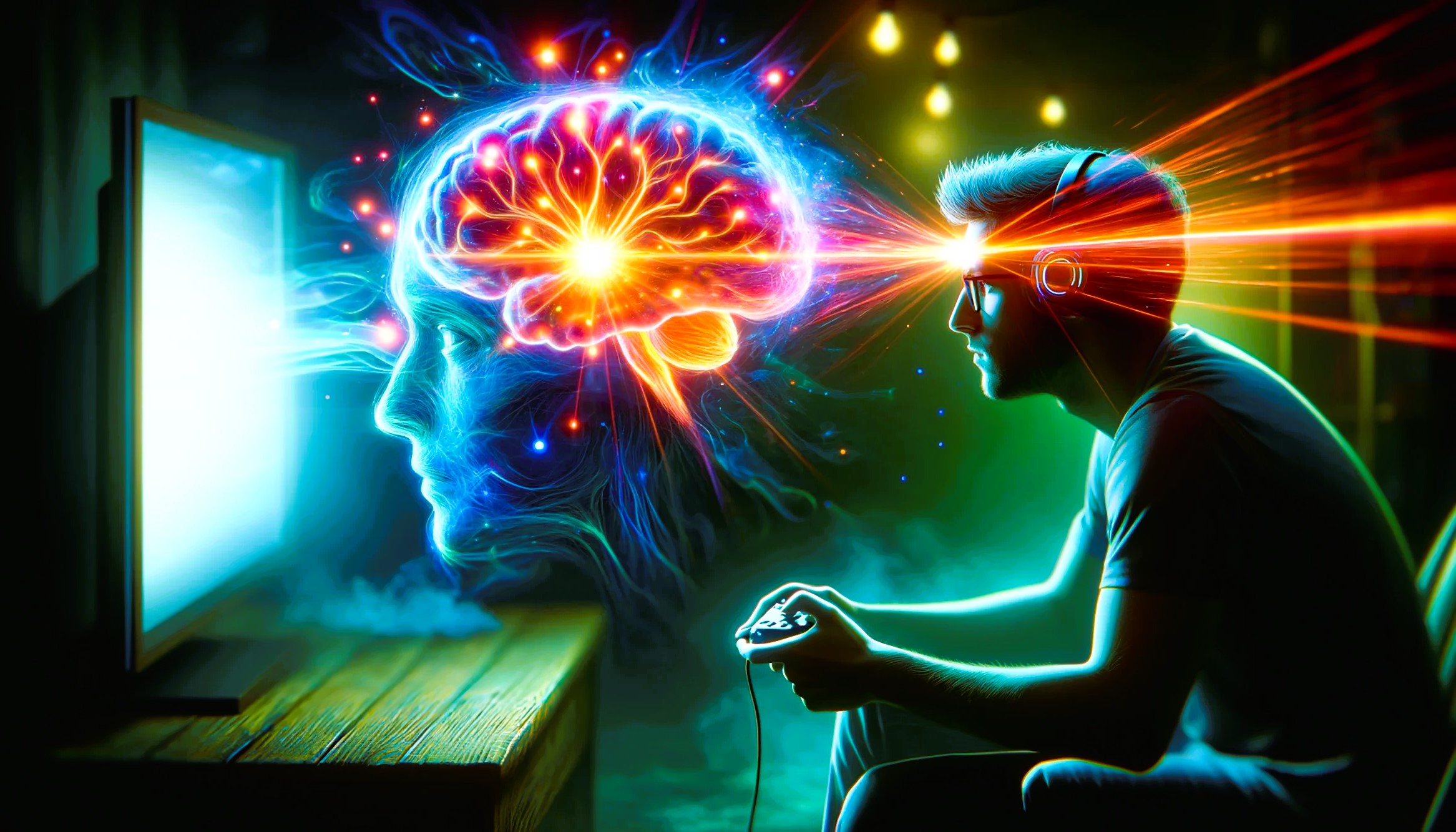Video games often get a bad rap for promoting violence and leading to addiction, but research shows that they can actually have a positive impact on cognitive skills. From improving problem-solving abilities to enhancing memory, video games can sharpen the brain in surprising ways. However, not all claims about the cognitive benefits of gaming are true. In this article, we’ll explore the myths and facts surrounding how video games can enhance your cognitive abilities.
1. Myth: Video Games Are Just for Fun, They Don’t Teach Anything
One of the most common misconceptions about video games is that they are purely for entertainment and don’t offer any educational value. However, many video games require critical thinking, strategy, and resource management. Games like Portal and The Legend of Zelda require players to solve puzzles and think ahead, stimulating the brain and improving problem-solving skills. Action games like Call of Duty and Overwatch also require quick thinking and decision-making in high-pressure situations.
2. Fact: Video Games Can Improve Problem-Solving Skills

Many video games are built around solving problems, which helps players enhance their cognitive flexibility and problem-solving skills. For instance, strategy games like Civilization VI challenge players to think several steps ahead, plan for long-term goals, and adjust their strategies based on evolving conditions. Such games encourage analytical thinking and the ability to make decisions with limited information, skills that are valuable both in and outside of gaming.
3. Myth: Gaming Can Lead to Decreased Attention Span
It’s often said that video games shorten attention spans, especially action-packed games that require constant focus. While it’s true that fast-paced games can be mentally intense, research shows that playing action games can actually improve attention span and focus. Games like Tetris and Minecraft require players to concentrate on complex tasks for extended periods, training the brain to focus better and filter out distractions. Read our article about the Top 5 Games with the Most Cosplay-Friendly Characters.
4. Fact: Video Games Can Enhance Memory and Learning
Certain types of video games are known to improve memory and learning abilities. For example, brain-training games like Lumosity and Brain Age have been developed specifically to improve cognitive functions, including memory, spatial awareness, and problem-solving. These games often use exercises that engage different areas of the brain and challenge the player’s ability to recall information. Additionally, role-playing games (RPGs) like Skyrim and Final Fantasy can improve memory by requiring players to retain complex storylines and character details.
5. Myth: Video Games Are Harmful to Mental Health

While it’s true that excessive gaming can lead to negative mental health effects, moderate gaming has been shown to have several mental health benefits. Video games can provide an outlet for stress and offer a sense of accomplishment. Cooperative games, such as Overcooked and Fortnite, encourage teamwork and communication, which can foster positive social interactions and improve mood. Research suggests that gaming can even help reduce symptoms of anxiety and depression, as it offers an escape and a sense of achievement.
6. Fact: Video Games Can Boost Spatial Awareness and Coordination
Action-oriented games that involve navigating complex environments or controlling multiple characters can significantly improve spatial awareness and hand-eye coordination. Games like Super Mario 64 and Gran Turismo require players to navigate intricate spaces, while Minecraft teaches players to think spatially as they build structures. These skills are transferable to real-world activities such as driving, sports, and even multitasking.
Video games are more than just a form of entertainment—they can enhance cognitive skills in ways that many people might not expect. From improving problem-solving and memory to boosting attention span and coordination, gaming can be an effective way to exercise the brain. However, as with any activity, moderation is key, and it’s important to balance gaming with other activities for overall well-being.
For more information about the benefits and myths of video games, visit Wikipedia’s Video Games page.
